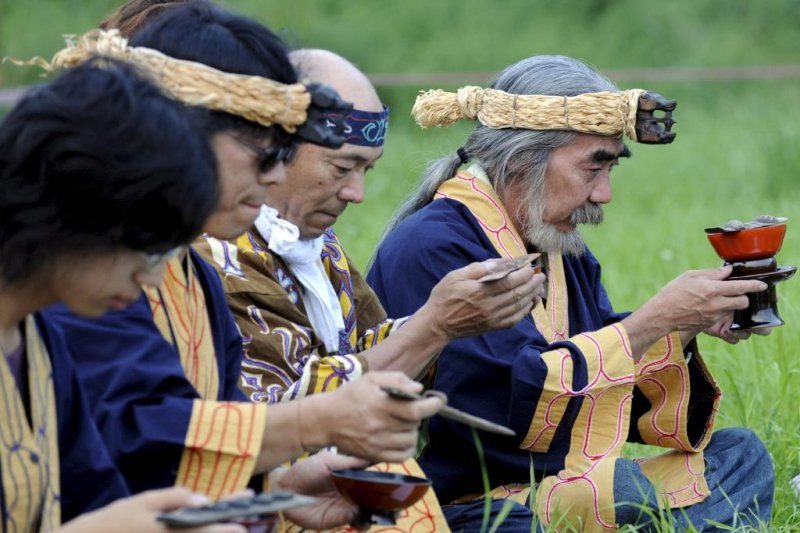Feb. 15 (UPI) -- The Japanese government endorsed a bill Friday to officially recognize for the first time the Ainu ethnic minority as an indigenous people of the country.
The bill supports the creation of a subsidy program for regional revitalization to help local officials implement programs to promote Ainu culture.















